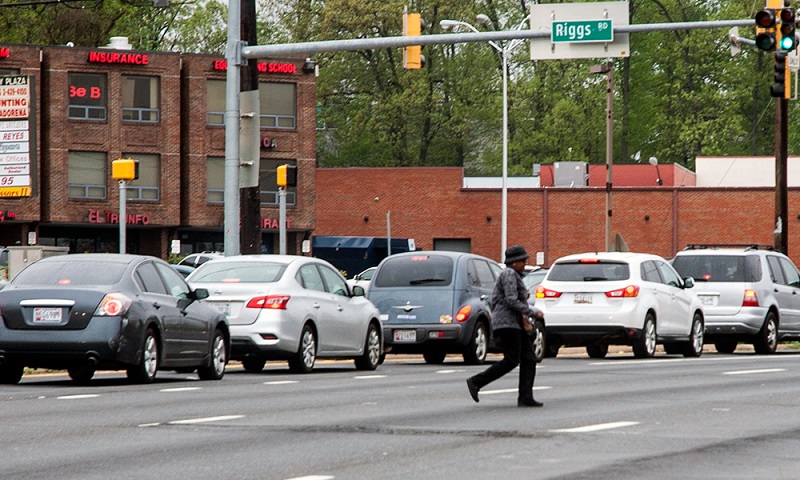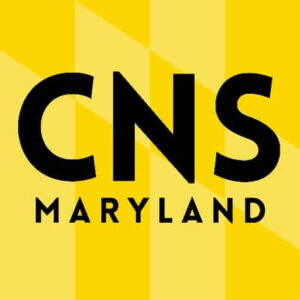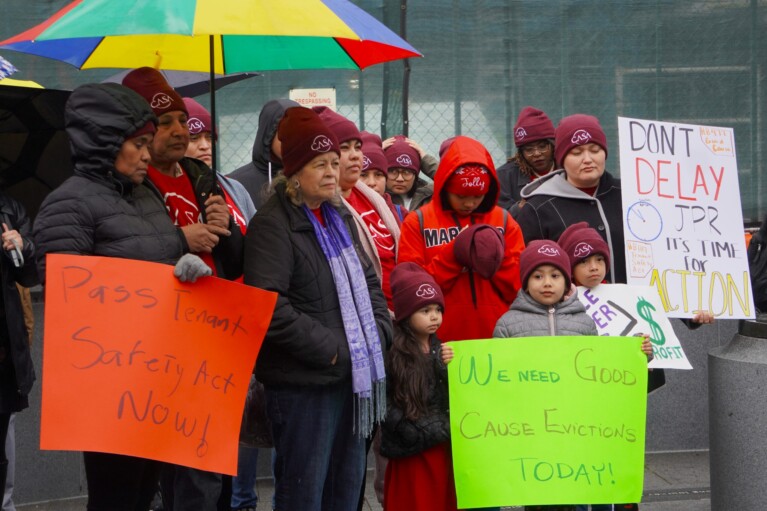Joint Effort Aims at Addressing Housing Ills in Predominantly Latino Neighborhood

By Gabrielle Wanneh
The Langley Park community has been struggling for years with aging and neglected housing.
Many properties are overcrowded, poorly maintained and have multiple environmental health hazards such as mold, lead-based paints and pest infestations. For all of that, housing is still too expensive for some residents.
“At first, everything starts off nice, everything starts off normal,” said Heidi Martinez, a former tenant leader for Maryland-based immigration rights organization CASA. “But after a few months, you start noticing that the A.C. doesn’t work, the heater doesn’t come on, and a few little animals and rats start coming out of nowhere.”
Martinez added that sometimes, tenants might have to sacrifice groceries or other expenses in order to pay rent on time, even though the living space remains in poor condition.
“Some property managers don’t recognize that and they don’t work with us or fix the housing conditions,” she said during a recent news conference.
CASA and the University of Maryland-College Park released a report recently publicizing the poor living conditions in the predominantly Latino immigrant neighborhood and recommending a number of steps to improve conditions.
“Housing Matters: Ensuring Quality, Safe, and Healthy Housing in Langley Park, Maryland,” details the findings of two years worth of data collection and observation of properties in the community. It also focuses on ways to revitalize Langley Park and similar neighborhoods in Prince George’s County.
“Ultimately, these recommendations are about the need for collaboration amongst community members, government agencies, and property owners,” said Willow Lung-Amam, assistant professor of urban studies and planning at the University of Maryland and a primary author of the report. “And about increasing the number of tools that can not only improve homes here in Langley Park, but also the health and well-being of residents.”
CASA created the Housing Matters Coalition in 2016 through a two-year grant from the U.S. Environmental Protection Agency. Although the coalition addressed environmental health hazards in apartments in Langley Park, it also sought to empower tenants and improve the relationships among the community, landlords, and county staff.
“For several years, tenants in our community have shared with us their stories of sub-par and dangerous housing conditions,” said Julio Murrillo, government and strategic relations specialist for CASA at the conference. “And in addition to the decline in housing quality and increasing rent, some tenants face challenges holding landlords accountable.”
According to the report, about three-fourths of Langley Park’s residents live in the 13 apartment complexes that are an average of over 60 years old. Two of these properties have been on the county’s distressed properties list since 2012 for multiple code violations.
Murrillo showed photographs of damage that had occurred in a young tenant’s bathroom, where part of the ceiling collapsed and fell on him while he was in the room.
Although there is an urgent need for better maintenance and reinvestment, the report said, many residents feared calling their landlords, code enforcement and other agencies to tackle these issues.
“There’s a lack of communication between residents and landlords, residents and property managers, and residents and the county,” Lung-Amam said.
Langley Park is home to a majority of immigrant residents and, according to the Migration Policy Institute, has one of the largest concentrations of undocumented Latino immigrants in the county. Language and cultural barriers, and lower levels of education contribute to difficulties in communication, the report said.
The report also said this strained relationship takes it toll on landlords.
Due to the age and condition of Langley Park’s apartment complexes, repairs tend to require extensive financial investments in order to keep in compliance with housing codes, according to the report. Property owners and managers can find it challenging to do so between overextended maintenance budgets and the lack of trust from residents, the report added.
During the coalition’s two-year run, according to the report, it found multiple ways to engage residents, property owners and code enforcement officers to address the community’s environmental health hazards and housing quality issues.
Monthly coalition meetings were used as a platform for all parties to air concerns and find a common ground that helped in building a more trusting relationship.
The coalition also held door-to-door campaigns, community workshop events, and town hall meetings that were meant to spread awareness about identifying potential hazards, asserting tenants’ rights, and locating resources for residents.
“One of the wonderful things that happened during the course of producing the report is that the housing code enforcement and the tenants and the landlords were just sitting in the same room together,” Lung-Amam said. “A lot went on during those conversations.”
Prince George’s District 2 Councilmember Deni Taveras introduced local legislation in 2017 after attending several meetings as a member of a coalition and hearing the stories of constituents.
This four-bill legislation passed unanimously and aims to tackle issues of poor property conditions and maintenance. The bills hone in on amending county ordinances to address residential overcrowding, eliminating blight and providing accountability for property owners, improving existing laws on landlord retaliation, and establishing civil fines and penalties for the violation of housing codes.
In September, Taveras and District 1 Councilmember Tom Dernoga introduced the Fair Housing Act, a tenant-protection bill focused on strengthening code enforcement to improve the quality of housing in the county.
“We can do better as a county to ensure that all multifamily tenants have a safe living space,” Dernoga said.
The legislation will be reviewed for approval in January.




 Creative Commons Attribution
Creative Commons Attribution